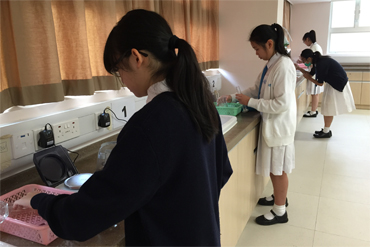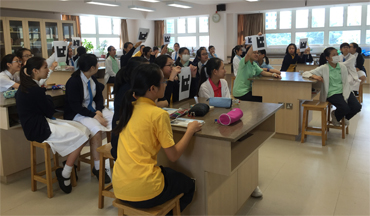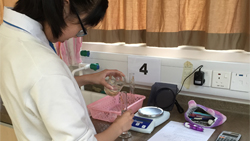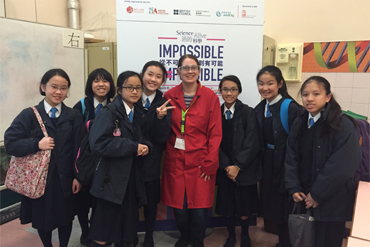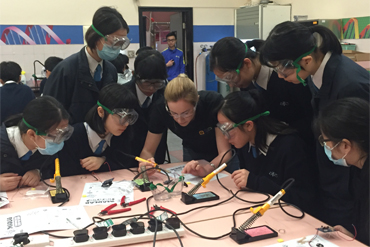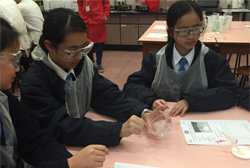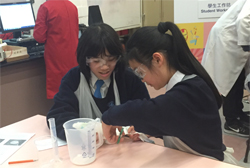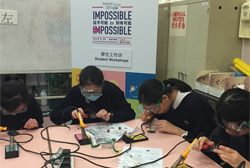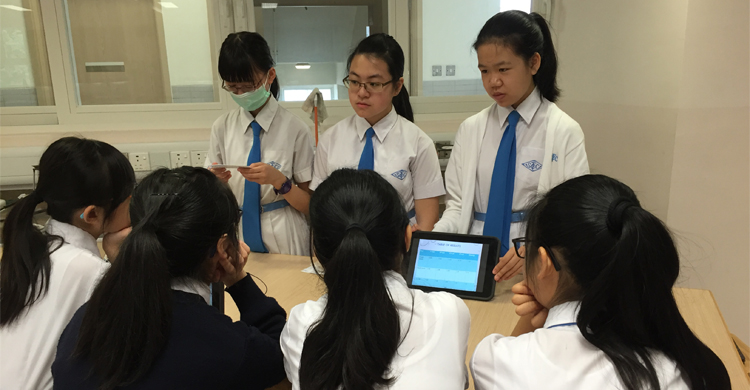
Integrated Science Department |
School Calendar |
|
Aims
Directives
Teaching and learning activities apart from classroom lectureVarious learning activities such as experiments, group discussion, information searching (library / web), presentation (oral and written), reading and writing tasks, decision making exercise and project work can help students develop an ability to use skills and thinking processes associated with the practice of science for understanding and exploring natural phenomena, problem solving and decision making. To widen the horizon of our students, some students are also invited to join the workshops organized by external organizations such as the Hong Kong Science Museum. Teaching strategies in relation to Self-directed Learning, our school's major concernTo cope with the major concern “Self-directed learning, F.1 students are divided into small groups to conduct a simple scientific investigation which consists of identifying the problem, identifying factors involved, proposing hypothesis, designing the investigation, choosing appropriate instruments, carrying out the investigation, collecting data, interpreting data and drawing conclusion. Different groups then take turns to share their research findings with the others. Their performances are both assessed by the teacher and peers with the use of google forms.
|

